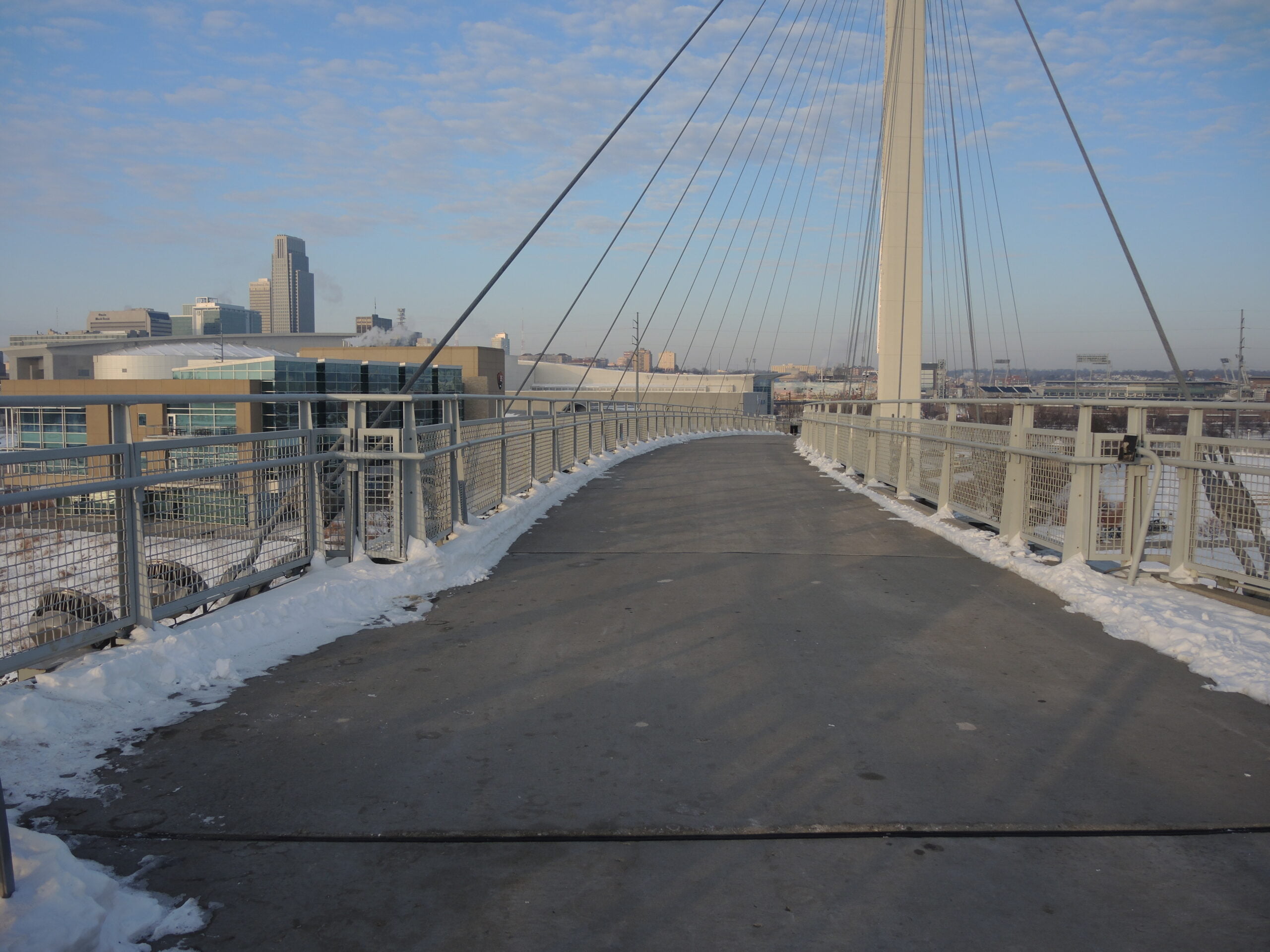Local elections for the city of Omaha are just around the corner. This year One Omaha, in partnership with Spark CDI, will be hosting a mayoral forum and releasing a voter guide for city council candidates. If you would like to contribute questions, please submit them at this link before March 1.
Every four years, in the spring following the presidential elections, the mayor and all seven city council members are up for election. There are two steps to the election cycle, the primary elections, and the general election. To qualify to be on the ballot, candidates for the city council must collect 100 signatures from registered voters. Candidates for mayor must collect 1,000. During the primary elections, all candidates who have received the minimum amount of signatures are on the ballot. The top two vote-getters for every seat then move on to the general election. The primary is always held on the first Tuesday in April; this year that will be April 6. The general election is always held the first Tuesday after the second Monday in May; this year that will be May 11.
Omaha’s municipal elections are non-partisan. In partisan elections, each party holds a primary to choose one candidate to move on to the general election. In non-partisan races, the top two candidates, regardless of party affiliation, go on to the general election.
Local elections generally receive less attention than national elections. One reason for this is that the election cycle is very short, just two months. Candidates must file by March 5th to be on the ballot, and the primary is one month later (April 6), followed by the general election just one month after that (May 11).
Another reason that fewer people participate in local elections is that, even though local elections affect people’s lives in a very direct way, they receive less media attention, and we are often less informed about local issues. The public servants elected through local elections make decisions about trash collection, road repairs, neighborhood development, local parks, local taxes (like the restaurant tax), zoning laws, public transportation, cityscapes, police and fire departments, and public investment.
Luckily, involvement in local politics is becoming more commonplace. This is evident in the number of candidates running to challenge incumbents. This year there are at least fourteen challengers running against incumbents throughout the seven city council districts and six challengers running against mayoral incumbent Jean Stothert, who is running for a third term as mayor of Omaha. It is also evident in the number of forums and voter guides coming out this electoral season. Local organizations like Culxr House, NDP black caucus, ArtStock, and Heartland Worker Center are creating opportunities for people to connect with candidates.
In an effort to do our part to increase engagement and knowledge of local elections and local candidates, One Omaha will be hosting a Mayoral Forum and releasing a voter guide for city council candidates. Our mayoral forum will be held on March 24 from 6-7.30 PM and broadcast via Facebook live and YouTube. The City Council Neighborhood Voter Guide will feature ten questions for each city council candidate and be available for the primary and the general election. The Mayoral Forum will be an opportunity for residents to learn where the candidates stand on neighborhood issues. Voter guides, like forums, are designed to help voters figure out where candidates stand on important issues and are conveniently available for perusing whenever convenient.
We want to make sure that both our forum and our voter guide hit on the issues that people want to hear about. We will use the information gathered in this form to design our questions going forward. Stay tuned to our social media/blog for more information during this electoral season about the roles of city council members and the mayor.
If you aren’t registered to vote, or aren’t sure if you are, you can find more information here. If you would like to request to vote by mail find more information here.

